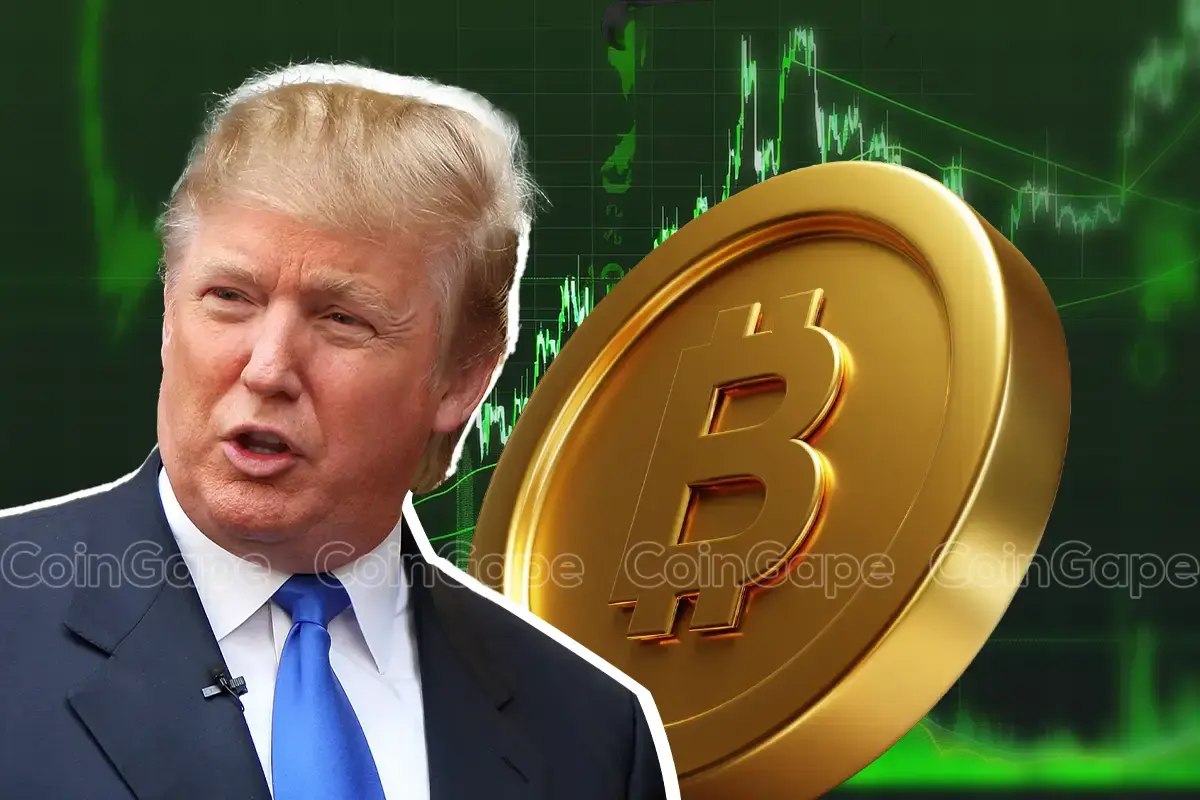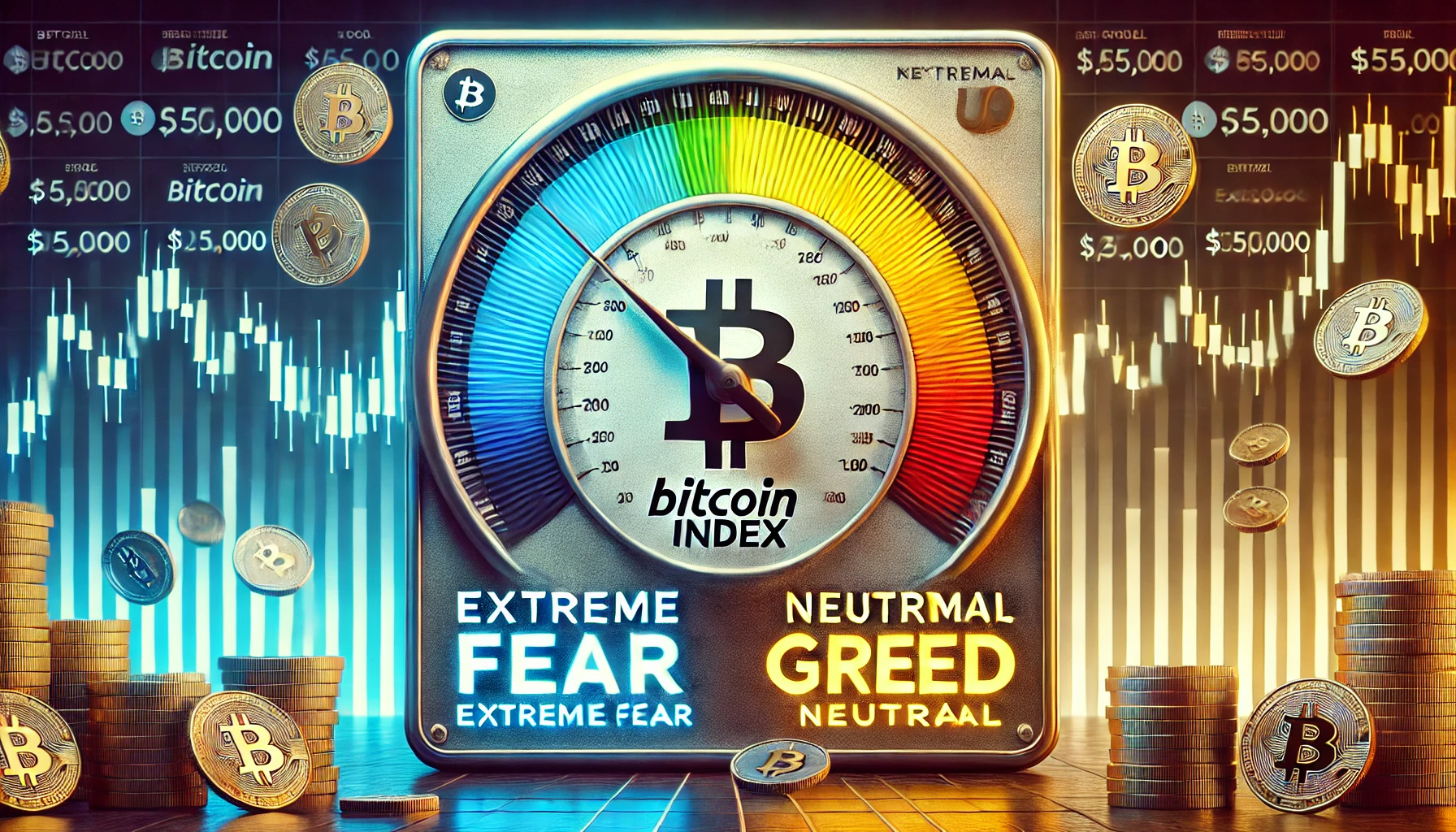Bitcoin Takes a Hit: Tariffs Send BTC Prices Plummeting, Gold Soars
In a surprising turn of events, Bitcoin (BTC) took a significant hit on Wednesday as global markets reacted to the latest round of tariffs announced by the United States. The leading cryptocurrency plunged as low as $82,143, marking a significant decrease from its all-time high of around $92,000 just days before.
Tariffs and Trade Wars: A Perfect Storm for Financial Markets
The sudden drop in Bitcoin’s price came as multiple nations, including India and the United Kingdom (UK), weighed retaliatory responses to President Trump’s sweeping tariffs on steel and aluminum imports. The move sent shockwaves through financial markets, with investors scrambling to find safe-haven assets.
Gold Prices Reach All-Time Highs as Safety Trades Increase
Amid the uncertainty, gold (XAU) emerged as a popular safe-haven asset. Its price soared to all-time highs near $3,200, as investors sought to protect their wealth from the potential fallout of the escalating trade war.
Impact on Individual Investors: Diversification and Patience
For individual investors, the recent market volatility serves as a reminder of the importance of diversification and patience. While Bitcoin and other cryptocurrencies can offer significant potential returns, they also come with inherent risks. By spreading investments across a range of assets, investors can mitigate risk and potentially weather market downturns.
- Consider diversifying investment portfolios to include a mix of stocks, bonds, real estate, and alternative assets like cryptocurrencies.
- Stay informed about global economic and political developments that could impact financial markets.
- Remain patient and avoid making hasty investment decisions based on short-term market fluctuations.
Global Impact: Trade Wars and Uncertainty
The recent market volatility is just one example of how trade tensions and geopolitical uncertainty can impact global financial markets. As nations continue to engage in tit-for-tat tariffs, investors may become increasingly risk-averse, leading to further market instability.
- Multinational corporations may face increased costs and potential disruptions to global supply chains.
- Emerging markets, which are heavily reliant on exports, could be particularly vulnerable to the fallout of trade wars.
- Central banks and governments may be forced to take action to stabilize their economies and markets.
Conclusion: Stay Informed and Adapt to Changing Market Conditions
The recent market volatility serves as a reminder of the importance of staying informed and adaptable in the face of changing market conditions. While it’s impossible to predict exactly how events like trade wars and geopolitical uncertainty will impact financial markets, investors can take steps to mitigate risk and position themselves for potential opportunities.
By diversifying investments, staying informed, and remaining patient, investors can weather market downturns and potentially capitalize on market opportunities. As the global economic and political landscape continues to evolve, it’s more important than ever to stay informed and adapt to changing market conditions.





